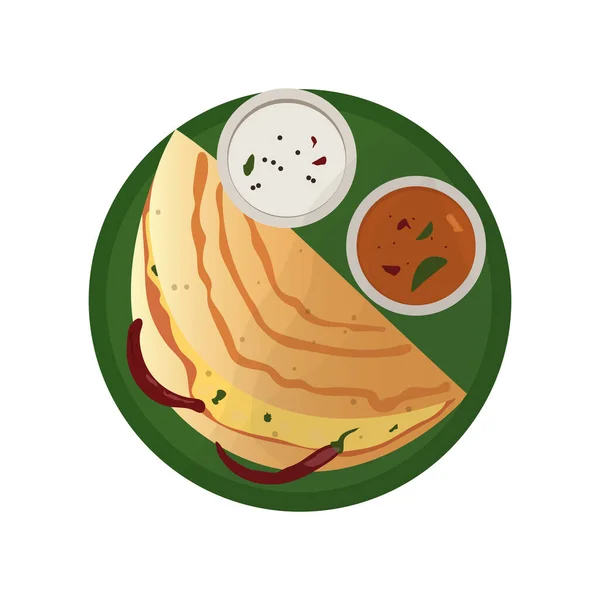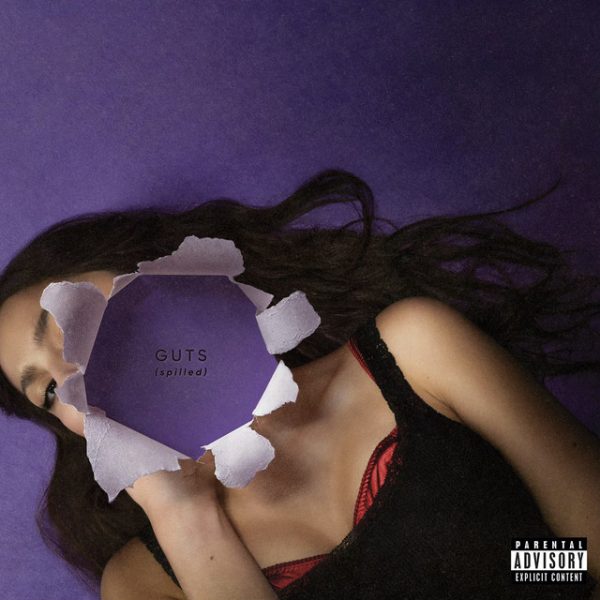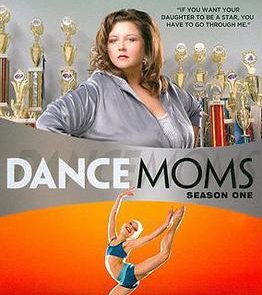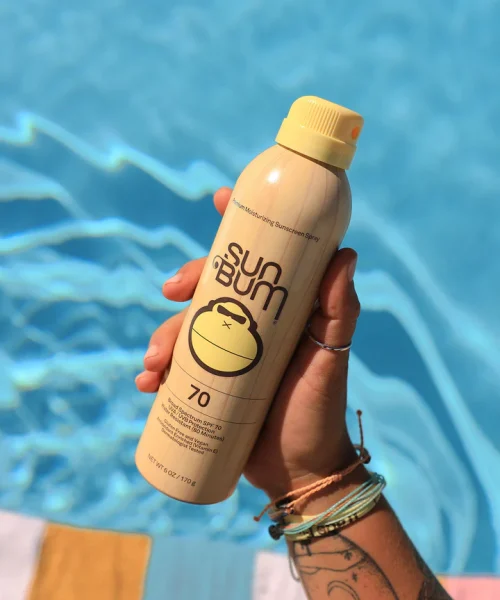Bleeding, Natural or a Luxury?
May 17, 2019
It’s that time of the month: women are groaning, in pain, craving chocolate, and downing ibuprofen by the handful. The beauty of the female body is occurring, and women couldn’t be more pissed off about it.
Hundreds of dollars are going down the drain each year to cover for feminine products and the taxes that are put on these products. But the most pressing matter is that these products necessary for twelve weeks a year aren’t free of tax.
These cotton products that promote female hygiene are expensive, and women shouldn’t have to pay a price for their body’s functions.
Of course, as a female, I do have a bias towards this because I have to pay this cursed price for being a female in this day and age, but why should women and transgender people have to pay this price for being women? These necessities shouldn’t be priced at such an expense, much less be considered anything but a necessity.
Globally, a phenomenon is being created and brought to the attention of the public, labeled “menstrual equity”. This is the idea that women should have equal access to feminine hygiene products like pads and tampons in prisons, schools, and many other places where getting these products could be difficult.
Public debates have been integrating this argument for several years, fighting over the removal of sales tax on hygiene products, because once more, why should women have to pay to be women? Menstrual cycles are free of charge, taking up about seven years of a woman’s life with bleeding, abdominal cramps, and the frequent purchasing of pain-reducing pills.
To add on to this price of being a woman and purchasing cotton period products, pain medication also plays a significant role in taking a chunk out of a paycheck. To soothe the agony, medication like ibuprofen are taken in large quantities by females, which is a pain in of itself.
When I was a little kid, I couldn’t take pills for the longest time, instead of taking my required anxiety suppressors in diluted chocolate milk and disgusting juices, I was eventually force fed small M&Ms until I could swallow them with no problem, easing the way I took my pills by the years.
What I hadn’t known was that this skill could help when it came to puberty, helping me take Advil in a heartbeat to soothe an indescribable pain. Even if I hadn’t had the benefit of a sanitary pad, I would still need this medication to successfully function as a human being in school or work.
It’s understandable as to why people would need to pay the price for these pain relief pills that could assist headaches and joint pain, but again, why pay for something that occurs naturally in every girl over the age of thirteen?
There’s an issue when it comes to women taking personal time off of work in order to appease the period goblins that reside in her abdomen, as the wage difference between genders is still prominent in these modern times.
Should a woman be single and coming from the middle class, she has to spend a portion of her paycheck to buy these sanitary products, and if she takes personal time to deal with these biological issues, that work day will be reduced from her salary, making it that much harder to purchase necessities and hygienic products.
Yet, lest this bring down the global economy even more, the taxes for these supposed “luxury” items remain prominent throughout the world, but are one by one being revoked and feminine goods are labeled necessities.


















